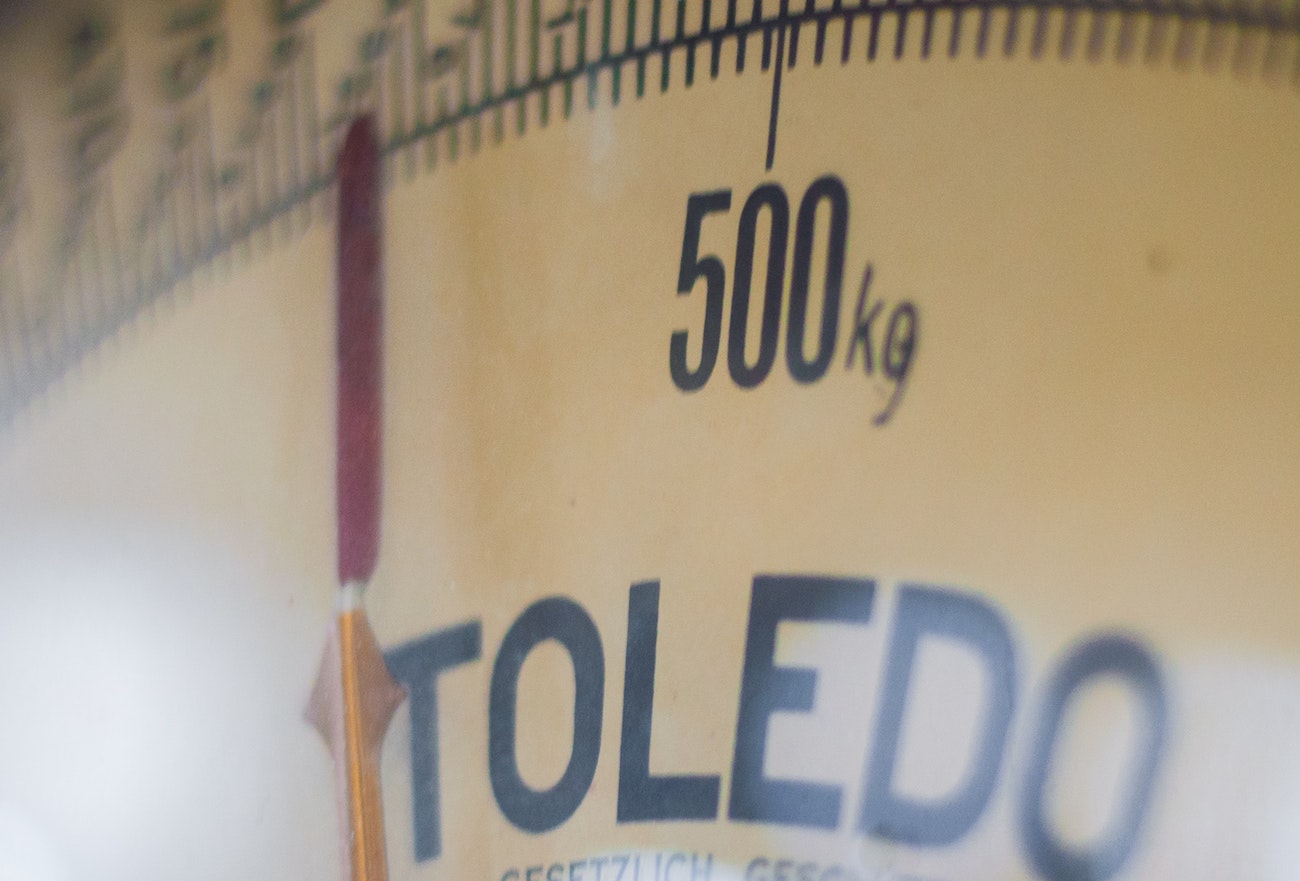Belfast Sink Weight - How Heavy Is A Belfast Sink?

Welcome to our latest post where we'll be addressing an important consideration when it comes to choosing kitchen fixtures - the weight of Belfast sinks.
These classic, durable sinks are a popular choice for many homeowners.
However, their robustness and quality materials often result in a heftier weight compared to other sink types.
Understanding the weight of a Belfast sink is crucial in planning for its installation, ensuring the infrastructure can support it, and managing expectations about its mobility.
So, let's dive right in and unravel the details about the weight of Belfast sinks.
Click here to view our range of Belfast Sinks.
How Heavy Is A Belfast Sink?
A Belfast sink, also known as a Butler sink, is a deep, rectangular ceramic sink that is notably heavier than your average sink due to its size and material.
Its weight can vary depending on the specific dimensions of the sink, but on average, a standard Belfast sink can weigh between 40-70 kg.
This substantial weight is something to consider when installing a Belfast sink, as the cabinetry and supports need to be sturdy enough to bear the load.
Always ensure professional installation to safely secure the sink and prevent any potential damage or accidents.
Click here to view our range of Belfast Sink Waste Kits for sale online.
What is a Belfast Sink?
A Belfast sink is a type of sink that originated in the United Kingdom and is named after the capital of Northern Ireland, where it was most widely used.
It's a large, rectangular, deep basin sink traditionally made from fireclay, a type of ceramic material known for its heat-resistant and hard-wearing properties.
The distinctive feature of a Belfast sink is its built-in overflow hole, a design that was created in response to a time when the water supply was limited.
The overflow hole allowed excess water to drain away instead of overflowing, conserving water in the process.
Belfast sinks, with their classic and timeless design, are commonly found in country or farmhouse-style kitchens, but their versatility allows them to fit well in modern or contemporary kitchens too.
Known for their durability and spaciousness, these sinks are popular for their functional and aesthetic appeal.
What Are Traditional Belfast Sinks Made Of?
Traditional Belfast sinks are typically made from fireclay, a type of ceramic material renowned for its durability and resistance to heat.
The process of crafting a Belfast sink involves molding the clay, firing it at high temperatures, and then glazing and refiring it, which gives the sink its hard, glossy finish.
This makes it resistant to scratches and staining, ensuring it maintains its aesthetic appeal over time.
The resultant sink is robust, capable of withstanding heavy use and, with proper care, can last for many years, making it a popular choice for both domestic and commercial kitchens.
Click here to view our range of Belfast Sink Taps for sale online.
Apart From Fireclay What Other Materials Are Modern Belfast Sinks Made Of?
Belfast sinks, while traditionally made from fireclay, have evolved with contemporary design trends.
Today, they are available in a variety of materials, each with its unique characteristics and weight:
- Stainless Steel: Favoured for its resilience, modern appeal, and ease of maintenance, stainless steel Belfast sinks are lighter compared to their fireclay counterparts, usually weighing around 8-20 kilograms.
- Ceramic: Besides fireclay, other forms of ceramic are used to construct Belfast sinks. These ceramic options offer similar durability and heat resistance to fireclay, with their weights falling in a similar range of around 40-60 kilograms.
- Composite Materials: Comprising a combination of natural materials and resins, composite sinks are robust and resistant. Granite composite is a popular choice, providing a modern look. These sinks are generally lighter than ceramic, typically weighing around 15-30 kilograms.
- Copper: A less common but aesthetically distinct option, copper Belfast sinks age beautifully over time, developing a unique patina. They are relatively light, typically weighing between 15-25 kilograms.
When choosing a sink, consider not just the material's aesthetic appeal, but also its practicality, durability, maintenance needs, and the weight that your kitchen's infrastructure can support.
Click here to view our range of Belfast Sink Accessories.
Some Advice From an Experienced Kitchen Fitter
Over the years, I have sold and installed hundreds of Belfast sinks for kitchens and utility rooms across the UK.
In my hard-earned I can tell you that traditional fireclay or porcelain Belfast sinks are heavy!
So please take this into account when thinking about both buying and installing them.
They take more lifting and need much more support than a standard stainless steel sink

